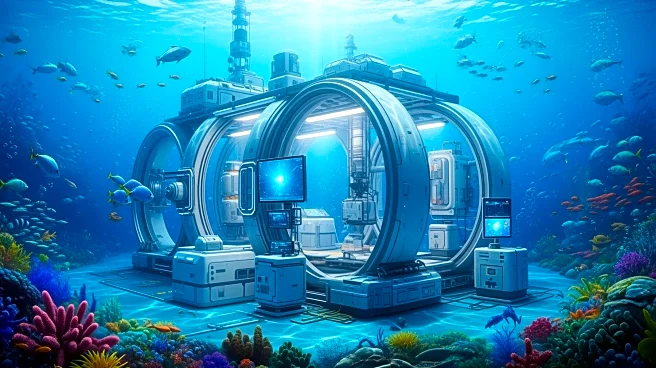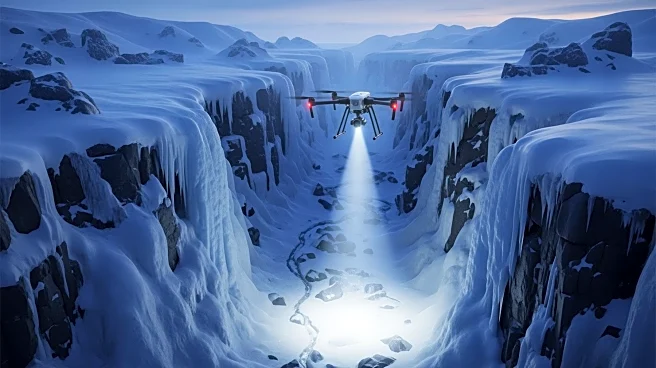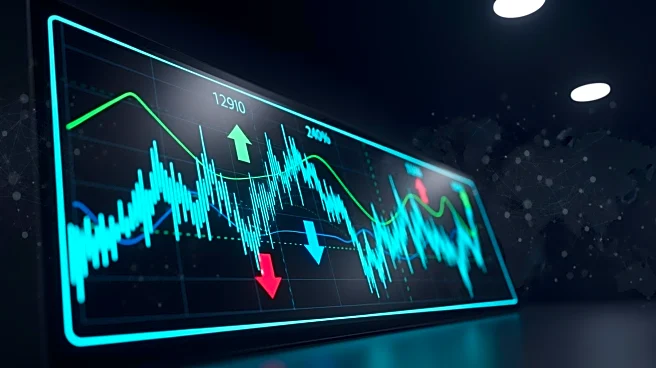What's Happening?
DEEP, an international design and engineering organization, is set to unveil Vanguard, a revolutionary undersea habitat designed to advance marine science. Vanguard will provide a living and working environment for researchers on the ocean floor, marking
a new era in aquatic exploration. The habitat, roughly the size of a shipping container, will allow scientists to conduct research at depths of up to 50 meters for extended periods. This initiative aims to overcome the limitations of previous undersea habitats and facilitate groundbreaking scientific discoveries.
Why It's Important?
The launch of Vanguard represents a significant advancement in marine science, offering researchers the opportunity to explore the ocean's depths more thoroughly. By providing a comfortable and sustainable environment for long-term underwater habitation, Vanguard could lead to new scientific insights and innovations. This development is crucial for understanding marine ecosystems and their potential contributions to science and technology. The project also highlights the growing interest in underwater exploration and its potential impact on environmental research.
What's Next?
Following its unveiling in Florida, Vanguard will undergo testing before being deployed to a yet-to-be-announced location. DEEP plans to use Vanguard as a prototype for future habitats, with a larger multi-module habitat called Sentinel already in development. The success of Vanguard could pave the way for more extensive undersea research facilities, attracting collaboration from various scientific institutions eager to utilize this new resource.
Beyond the Headlines
Vanguard's design incorporates elements of comfort and luxury, a departure from the utilitarian approach of past undersea habitats. This focus on livability may influence future designs, making long-term underwater habitation more appealing to researchers. Additionally, the project raises questions about the ethical and environmental implications of extended human presence in marine environments.















